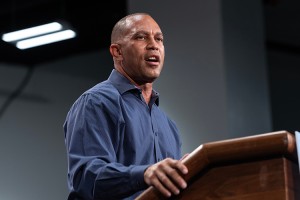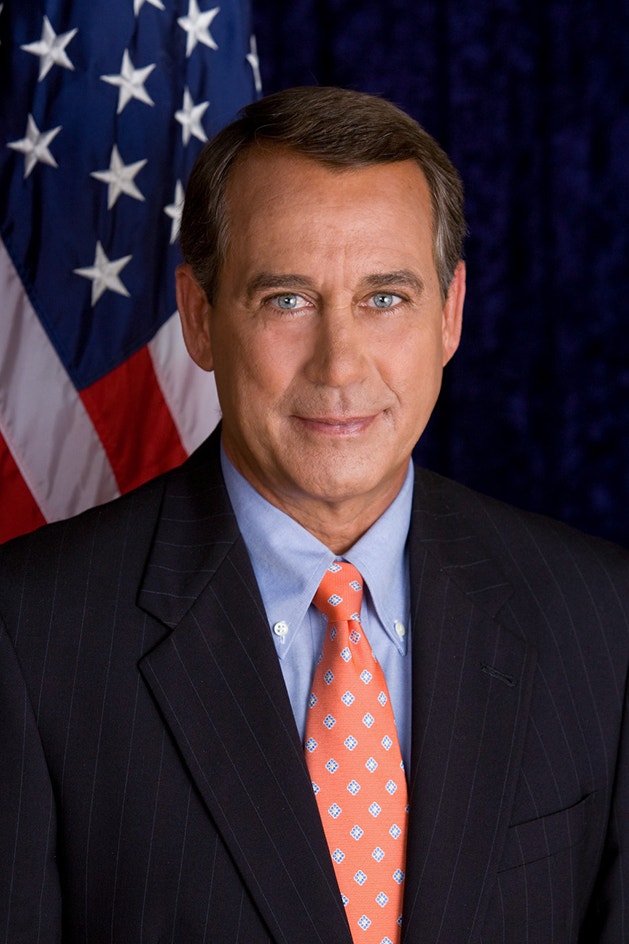Hakeem Jeffries Steps Up
Tuesday, January 10th, 2023On Tuesday, January 3, 2023, Hakeem Jeffries became the first Black person to lead a party in the United States Congress. As the leader of the Democratic Party in Congress, Jeffries will fill the role formerly held by Representative Nancy Pelosi, who was speaker and minority leader of the House of Representatives since 2003. His success was overshadowed by the dramatic chaos of Republican Representative Kevin McCarthy’s campaign to be elected Speaker of the House, which continued for days for the first time in a century. In 2022, the Democratic Caucus of the House of Representatives elected Jeffries minority leader. Jeffries became a member of the House in 2013. He represents a district of New York that includes the New York City boroughs of Brooklyn and Queens.
A Brooklyn native, Hakeem Sekou Jeffries was born on Aug. 4, 1970. His father was a substance abuse counselor, and his mother was a social worker. Jeffries graduated from New York’s Binghamton University in 1992 with a bachelor’s degree in political science. He continued his studies, earning a master’s degree in public policy at Georgetown University in Washington, D.C. Jeffries returned to New York City to enroll in the New York University School of Law, graduating with honors in 1997.
After law school, Jeffries clerked for Judge Harold Baer, Jr., of the United States District Court for the Southern District of New York. He then practiced law at a private firm. He later served as litigation counsel for the media companies Viacom Inc. and CBS. Jeffries ran for the New York State Assembly in 2000 and 2002, losing to the incumbent Roger Green. When Green vacated the post in 2006, Jeffries ran and won the election, serving in the role for three terms.
In 2012, Jeffries was elected to his first term in the U.S. House of Representatives. He served on the House Judiciary Committee and the House Budget Committee. In 2018, Jeffries was appointed to serve as the chairman of the House Democratic Caucus for the 116th Congress. In 2020, he served as impeachment manager for the Senate trial of former President Donald Trump. Jeffries’s political priorities include criminal justice reform and economic and health care security.








